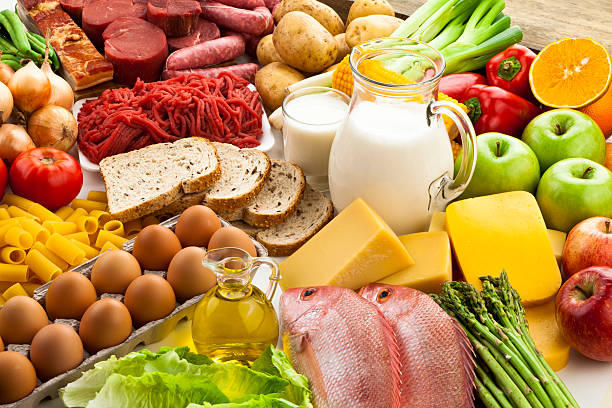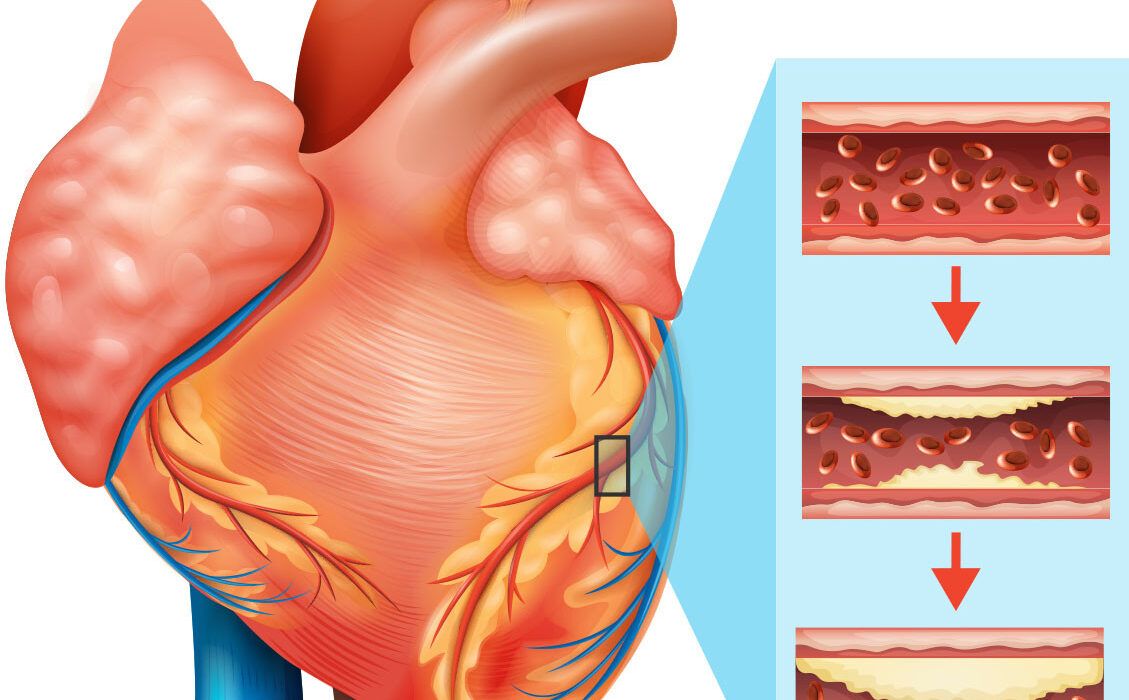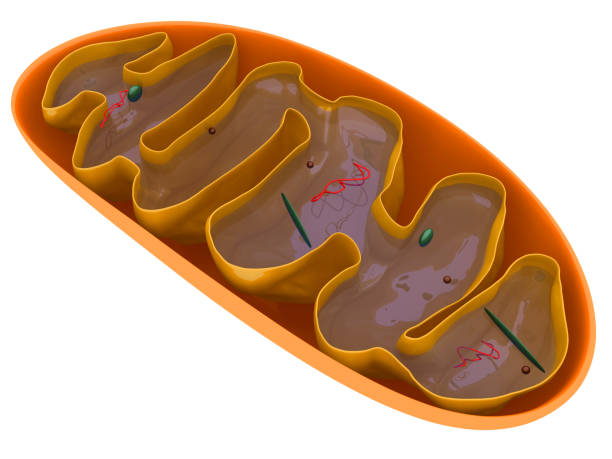The human brain is the most extraordinary organ in the body—a complex network of roughly 86 billion neurons that control our thoughts, emotions, memories, and every action we take. It consumes about 20% of the body’s energy, despite weighing only about three pounds. To function at its best, the brain requires high-quality fuel: nutrients that sharpen memory, protect against cognitive decline, and support overall mental health.
Modern neuroscience and nutrition science reveal that what we eat has a profound effect on how our brain performs today and how it ages tomorrow. While no single food is a magical “cure” for memory loss or mental fatigue, a consistent diet rich in brain-supporting nutrients can dramatically improve long-term brain function.
Here, we’ll explore 15 of the best foods for brain health, backed by scientific evidence, and dive into how they work to keep your mind sharp, resilient, and thriving.
1. Fatty Fish
When scientists talk about “brain food,” fatty fish like salmon, trout, sardines, and mackerel usually top the list. These fish are rich in omega-3 fatty acids, particularly DHA (docosahexaenoic acid), which makes up a large portion of the brain’s fat content.
Omega-3s are crucial for:
- Building brain and nerve cell membranes
- Supporting communication between brain cells
- Reducing inflammation in the brain
Numerous studies link higher omega-3 intake with improved memory, better mood regulation, and lower risk of cognitive decline. Low levels of omega-3s, on the other hand, have been associated with depression and impaired learning.
Adding two servings of fatty fish per week is one of the simplest ways to nourish your brain for the long term.
2. Blueberries
Blueberries may be small, but they are packed with flavonoids, particularly anthocyanins, which give them their deep blue-purple color. These compounds are powerful antioxidants that protect the brain from oxidative stress and inflammation—two processes linked to aging and neurodegenerative diseases like Alzheimer’s.
Research shows that blueberry consumption improves memory, increases blood flow to the brain, and enhances communication between neurons. Some studies even suggest blueberries can delay short-term memory decline that comes with age.
A handful of blueberries in your breakfast or smoothie is more than just delicious—it’s a daily dose of brain protection.
3. Dark Chocolate
Good news for chocolate lovers: dark chocolate, when consumed in moderation, is a brain-boosting food. High-quality dark chocolate contains flavonoids, caffeine, and antioxidants, all of which have cognitive benefits.
Flavonoids in cocoa improve blood flow to the brain, enhance memory, and may even help slow down age-related mental decline. Caffeine in chocolate provides a short-term mental boost, improving alertness and focus.
Importantly, not all chocolate is created equal—milk chocolate is often packed with sugar and contains fewer beneficial compounds. To get the benefits, choose dark chocolate with at least 70% cocoa content.
4. Coffee
For many people, coffee is the daily fuel that wakes up the mind. Beyond its ability to boost energy, coffee contains caffeine and antioxidants that have lasting effects on brain health.
Caffeine improves mood, alertness, and concentration by blocking adenosine, a neurotransmitter that makes you feel drowsy. Long-term coffee consumption has been linked to a reduced risk of neurological conditions such as Alzheimer’s and Parkinson’s disease.
Antioxidants in coffee further protect the brain by reducing oxidative stress. Just remember, moderation is key—too much caffeine can lead to jitteriness or disrupted sleep, both of which hurt brain function.
5. Turmeric
This golden-yellow spice, commonly used in Indian cuisine, contains the active compound curcumin, a powerful antioxidant and anti-inflammatory agent. Curcumin can cross the blood-brain barrier, making it especially effective in protecting brain health.
Research suggests curcumin may:
- Boost serotonin and dopamine, enhancing mood
- Support neurogenesis, the growth of new brain cells
- Reduce the risk of Alzheimer’s by decreasing amyloid plaque buildup
Incorporating turmeric into curries, soups, or teas can be an excellent way to support your brain while enjoying its warming flavor. Pairing turmeric with black pepper enhances curcumin absorption significantly.
6. Broccoli
Broccoli is not just a green vegetable—it’s a powerhouse for the brain. Rich in antioxidants, fiber, and vitamin K, broccoli supports both cognitive performance and long-term brain health.
Vitamin K is essential for forming sphingolipids, a type of fat densely packed in brain cells. Studies show that higher vitamin K intake is linked to better memory and sharper cognitive function. Broccoli’s anti-inflammatory compounds further shield the brain from damage caused by oxidative stress.
Steamed, roasted, or tossed into salads, broccoli delivers nutrition that your brain will thank you for.
7. Pumpkin Seeds
Tiny but mighty, pumpkin seeds are packed with nutrients that support brain health, including magnesium, iron, zinc, and copper. Each of these minerals plays a crucial role in brain function:
- Magnesium supports learning and memory and protects against neurological disorders.
- Zinc is essential for nerve communication and immune regulation.
- Iron deficiency is linked to brain fog and cognitive decline.
- Copper helps control nerve signaling and prevent neurodegenerative diseases.
A small handful of pumpkin seeds makes an excellent brain-boosting snack.
8. Oranges
One medium orange provides all the daily vitamin C you need, making it an easy way to protect your brain. Vitamin C is a potent antioxidant that combats free radicals, which can damage brain cells.
Studies show that higher vitamin C intake is associated with better memory, sharper focus, and slower cognitive decline with age. Vitamin C also plays a role in neurotransmitter production, supporting mood and mental clarity.
Beyond oranges, other great sources of vitamin C include kiwi, strawberries, and bell peppers.
9. Nuts
Nuts, particularly walnuts, are rich in healthy fats, antioxidants, and vitamin E—all of which are critical for brain health. Vitamin E protects cell membranes from oxidative damage, slowing cognitive decline in aging populations.
Walnuts stand out because they also contain ALA (alpha-linolenic acid), a plant-based omega-3 fatty acid. Research suggests regular nut consumption supports memory, mental flexibility, and better overall brain performance.
Adding a handful of mixed nuts to your daily routine provides an easy, portable brain-boosting snack.
10. Eggs
Eggs are among the best dietary sources of choline, a nutrient essential for producing acetylcholine—a neurotransmitter involved in memory and learning. Despite being underappreciated, choline intake has been linked to better cognitive performance and reduced risk of age-related decline.
Eggs also provide B vitamins (B6, B12, folate), which help regulate brain chemicals and reduce homocysteine levels, a compound linked to dementia.
Whether boiled, scrambled, or poached, eggs are one of the simplest and most effective brain foods you can include in your diet.
11. Green Tea
Like coffee, green tea contains caffeine, which improves brain alertness and performance. However, it also offers something unique: L-theanine, an amino acid that promotes relaxation without drowsiness.
The combination of caffeine and L-theanine improves attention, memory, and focus while reducing stress and anxiety. Green tea also contains antioxidants such as catechins, which protect the brain from aging and reduce the risk of neurodegenerative diseases.
Replacing a sugary drink with green tea is a brain-friendly choice that also benefits overall health.
12. Whole Grains
Your brain relies heavily on glucose for energy. The best way to supply this energy is through whole grains, which release glucose slowly, keeping your brain fueled and focused throughout the day.
Foods like oats, brown rice, quinoa, and whole wheat provide fiber, vitamins, and minerals that promote steady energy levels. Whole grains also support cardiovascular health, ensuring a healthy blood flow to the brain.
Choosing whole grains over refined carbohydrates can help prevent mental fatigue and maintain sharper cognitive performance.
13. Avocados
Creamy, nutrient-dense avocados are packed with healthy monounsaturated fats that support healthy blood flow to the brain. Better circulation means more oxygen and nutrients reach brain cells, improving function and performance.
Avocados are also rich in potassium and vitamin K, which help prevent strokes by supporting vascular health. Their high fiber content additionally contributes to balanced blood sugar levels, reducing brain fog and fatigue.
Half an avocado a day can provide a steady supply of healthy fats to nourish the mind.
14. Spinach and Leafy Greens
Leafy greens like spinach, kale, and collard greens are among the most powerful foods for protecting the brain as it ages. They are rich in folate, beta carotene, vitamin K, and lutein.
A landmark study by researchers at Rush University found that people who regularly consumed leafy greens had cognitive abilities equivalent to being 11 years younger than those who rarely ate them.
Leafy greens fight inflammation, reduce oxidative stress, and protect neurons from damage, making them a cornerstone of any brain-healthy diet.
15. Beets
Bright red beets may look humble, but they are packed with nitrates, which improve blood flow to the brain by widening blood vessels. Improved circulation enhances mental performance and reduces fatigue.
Beets also contain antioxidants like betalains, which fight inflammation and protect against cellular damage. Studies show beet juice can boost cognitive performance, especially in older adults.
Roasted, juiced, or blended into smoothies, beets are a colorful and powerful ally for brain health.
Conclusion
The foods we eat shape not only our bodies but also our minds. From fatty fish and blueberries to turmeric and green tea, each of these 15 brain-boosting foods is backed by science and offers unique benefits for memory, focus, mood, and long-term protection against cognitive decline.
Eating for brain health is not about following a rigid diet or searching for miracle cures—it’s about consistently nourishing your brain with the right balance of nutrients. Combined with regular exercise, good sleep, and mental stimulation, these foods can help you stay sharp and resilient throughout your life.
Your brain is your most valuable asset. By choosing the right foods, you are investing in a future of clarity, creativity, and vitality.






